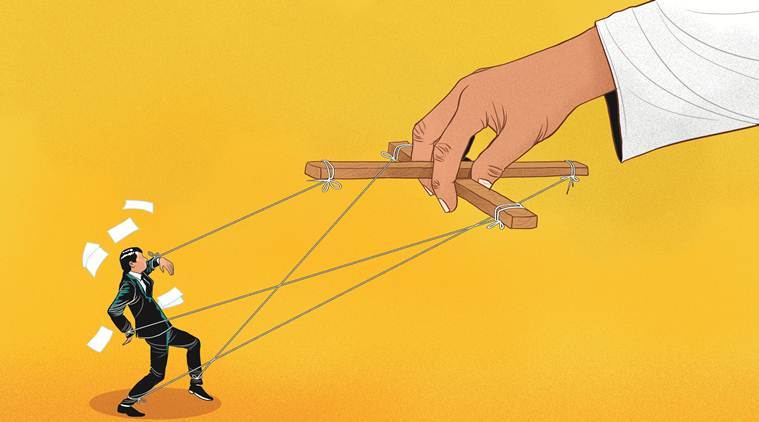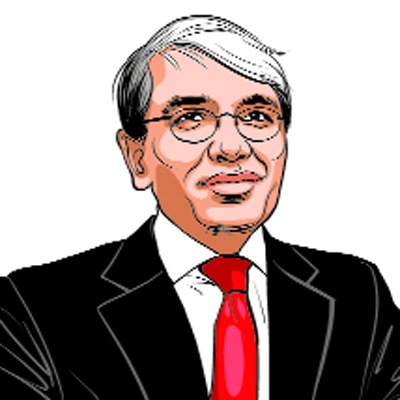The steel frame has become a cage. A $10-trillion economy needs deep civil service reform
The current economic slowdown is short-term pain for long-term gain because of overdue medicine.

In September 1984, J R D Tata responded to retired bureaucrat P N Haksar’s letter taunting him that businessmen were not doing enough for India’s development with “I began my 55-year-old career as an angry young man because I couldn’t stomach foreign domination… I end it as angry old man… because it breaks my heart to see the continuing miserable fate of the vast majority of our people, for much of which I blame years of ill-conceived economic policies of our government. Instead of releasing energies and enterprises, the system of licences and controls imposed on the private sector, combined with confiscatory personal taxation, not only discouraged and penalised honest free enterprise but encouraged, and brought success and wealth, to a new breed of bribers, tax evaders, and black marketeers”. Reforms over 35 years since J R D’s letter — delicencing, deregulation, Aadhaar, UPI, inflation targeting, Bankruptcy, GST, lower corporate taxes, etc. — are India’s strong foundations for a $5-trillion economy. But reaching a $10-trillion economy and a per capita income close to what China has today needs a new human capital regime for India’s 20 million civil servants.










.png)




























No hay comentarios:
Publicar un comentario